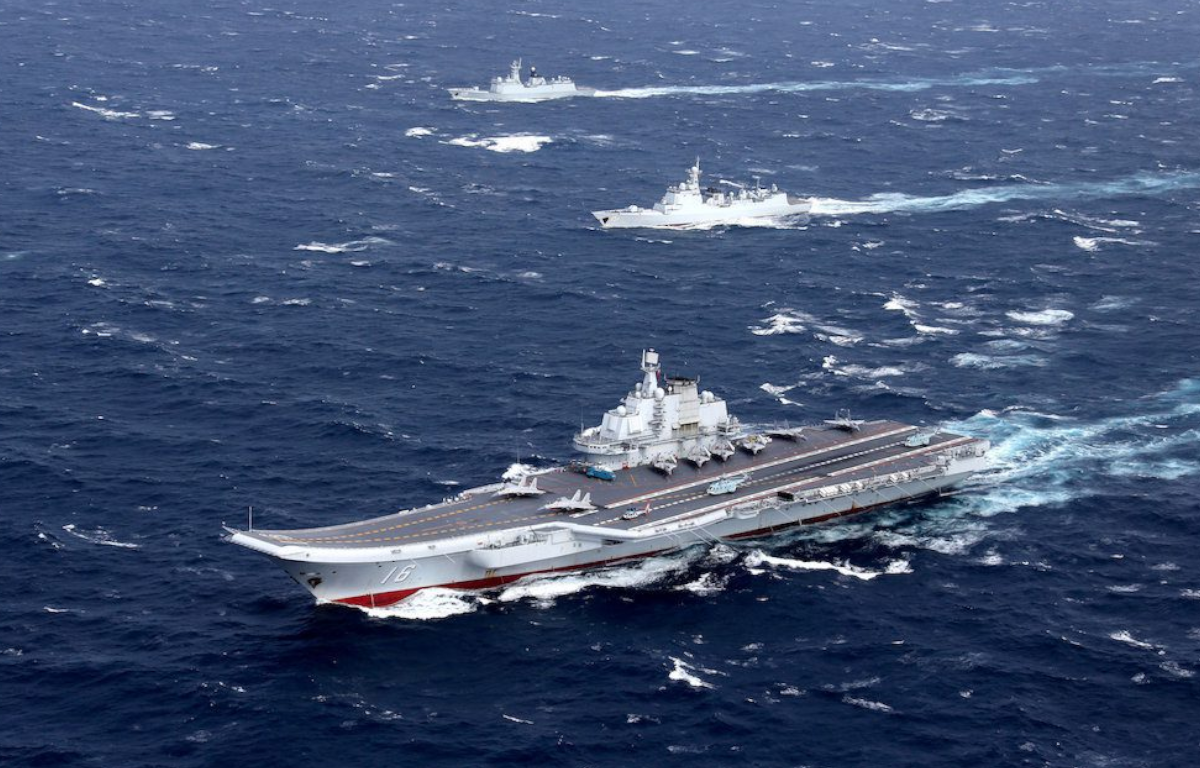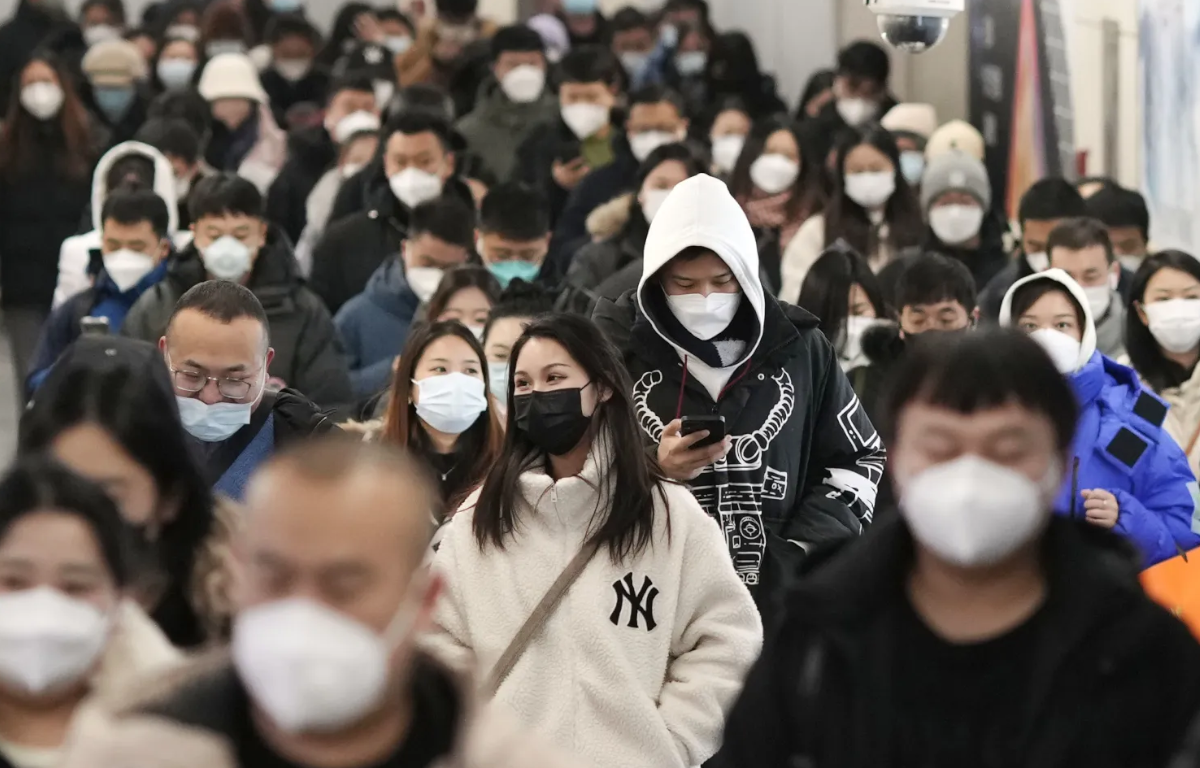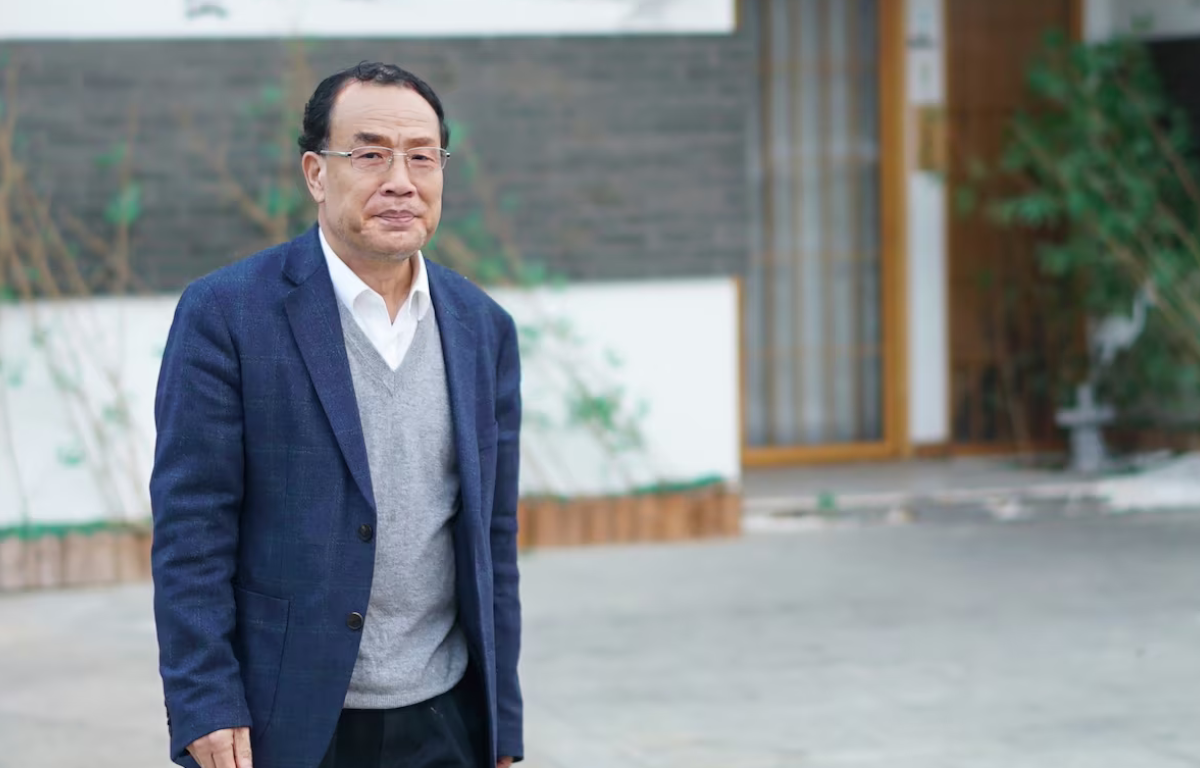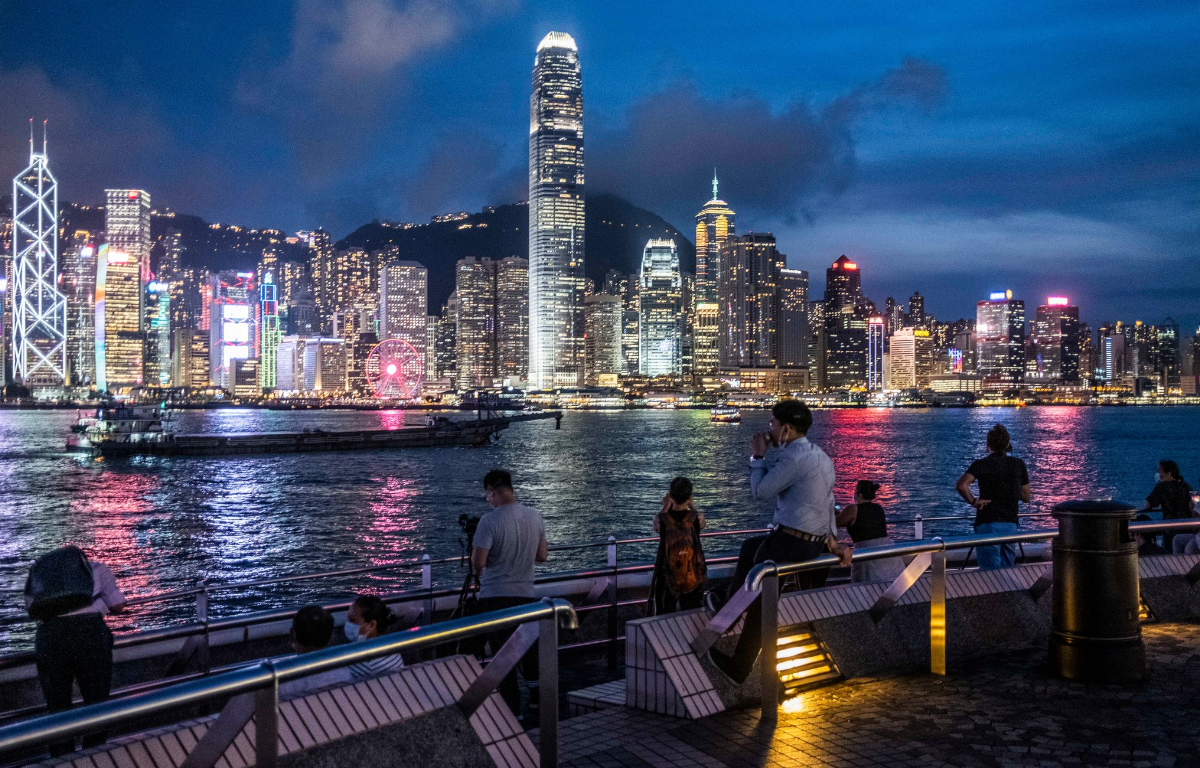
China’s economic success has created a prosperous middle class and a more connected population, leading to increased awareness of global trends and demands for greater freedoms. However, the CCP’s authoritarian control and use of technology for surveillance have also intensified.
Demographic shifts highlight a generational divide, with older generations often loyal to the CCP, while younger citizens prioritize individual rights and social justice. China’s technological prowess enables both state control and citizen activism, creating a complex dynamic. Externally, global challenges and scrutiny on issues like human rights impact China’s political landscape.
Despite pressures, the CCP has shown adaptability, implementing measures to address internal challenges while reinforcing party loyalty. President Xi Jinping’s leadership has centralized power, enhancing the party’s authority. However, predictions about the CCP’s future remain uncertain, as its resilience depends on navigating internal reforms, societal demands, and external pressures.
The CCP’s longevity hinges on its ability to balance economic growth with social and political stability, address grievances, and manage international relations effectively. China’s role on the global stage and its response to challenges like trade tensions and human rights criticisms will influence the party’s trajectory. Whether China embraces significant political reforms or maintains its authoritarian model remains a topic of speculation and observation.
The CCP’s narrative is intertwined with China’s economic and social progress, technological advancements, and global interactions. Discussions about the party’s future reflect broader debates on governance, individual freedoms, and geopolitical dynamics. How China navigates these complexities will shape not only the CCP’s fate but also its role in shaping global affairs in the years to come.










Share this: